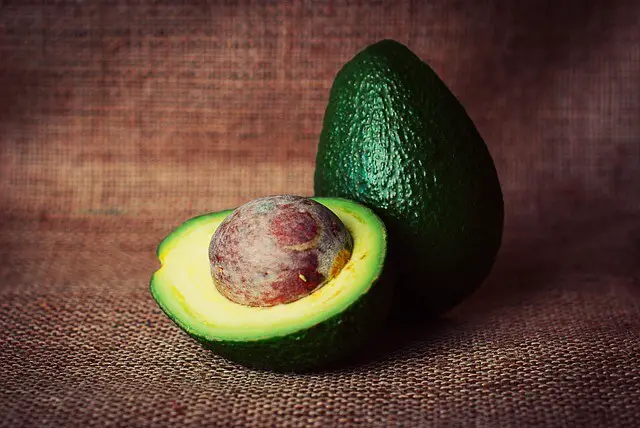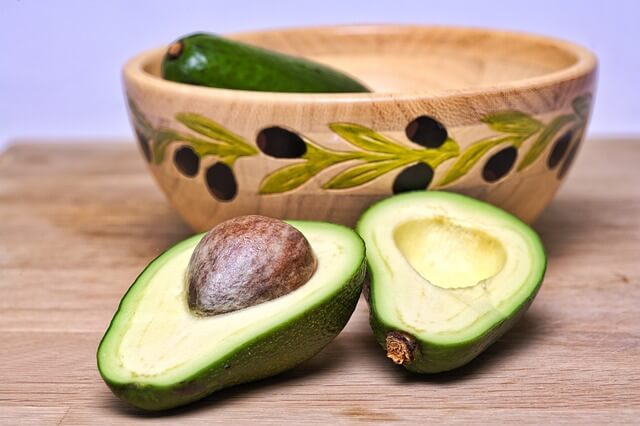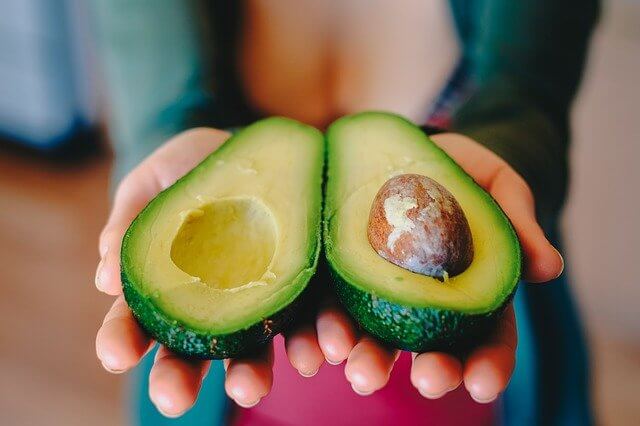Why You Shouldn't Feed Your Dog Avocado?
30.01.2021.
Avocado is one of the trendiest fruits out there (yes, avocado is a fruit), and you can find avocado toasts on menus across the Us in some of the fanciest restaurants. There might be a lot of fuss about this trendy fruit, but that doesn’t mean that avocado is good for dogs.
Your dog might look at you while you have some guacamole or avocado toast, but you should be careful not to give in to their demand, no matter how cute their puppy eyes are. If you ever asked yourself the question “Can dogs eat avocado,” the best possible answer would be - yes, but not all of it.
There are a few things you should know about avocados and the potential risks it presents for dogs. You will see that the risks outweigh the benefits, and it is better not to take any risks with your pet’s health.
Is avocado bad for dogs?
There are three things that the fruit contains we should focus on, and they are the pit, the leaves, and the “flesh.” All of these parts contain a fungicidal toxin called persin that can be somewhat toxic for dogs. The exact amount that can kill a dog is unknown, and trying to find out is probably not the best idea. We do know that birds and horses are especially in danger of persin, but dogs, like humans, have some tolerance.

Persin is present in all of these avocado parts, especially in the pit and the leaves. This toxin is also present in the fleshy part but only in traces. The parts with a high percentage of persin like the pit, skin, and leaves should be avoided, but the fleshy part might be safe for dogs to eat. The question remains if your dog will like the taste.
Avocado is a fruit that has a high fat content, and giving too much to your dog can have some negative consequences. It can lead to pancreatitis, weight gain, gastrointestinal upsets, diarrhea, and vomiting. It is also packed with calories, and it will lead to weight gain and, if the dog continues to be overfed by avocado - obesity. Avocado pits also present a choking hazard, and some dogs might try to chew and swallow them.
There are plenty of potential negative sides to allowing dogs to eat avocados, so we should see if there are any benefits.
Interested in learning which other fruits are safe for dogs to eat? Check out this article - Healthy Fruits That Are Safe For Dogs.
Is avocado good for dogs?
There are some health benefits avocados can offer dogs, and they are full of healthy nutrients that might individually provide health benefits. If you wondered and contemplated whether or not dogs can have avocado, a few thin slices over their usual meal shouldn’t be harmful.
Avocados contain:
- Vitamin B2 (Riboflavin )
- Vitamin B3 (Niacin )
- Vitamin B5 (Pantothenic Acid)
- Vitamin B6 (Pyridoxine)
- Vitamin C
- Magnesium
- Folate
- Potassium
However, keep in mind that this fruit is also full of fatty acids, which might be useful in small amounts, but in large amounts, lead to weight gain and trigger pancreatitis.

So, can dogs eat avocados?
Technically, yes. There is a safe way you could feed your dog some of your delicious avocados, but there are also plenty of other delicious fruits that your dog could safely consume. They will rip all the benefits and won’t have the unnecessary risk that avocados carry with them. Some of these healthy fruits and vegetables are:
- Peaches
- Apples
- Watermelon
- Mango
- Pumpkin
If you are still adamant about giving your dog avocado, make sure you do not overfeed them or give them too much at once. Take it slow, like with anything else you would change in your dog’s diet. Their stomachs can quickly get upset, and avocado can cause different gastrointestinal distresses like:
- Diarrhea
- Vomiting
- Constipation
Constipation can be a problem your dog could face, and you should know how to help them. Check out this helpful article - Dog constipation.

In large amounts, avocados can cause myocardial damage; to be exact, persin can cause it. If your dog has access to an avocado tree at your home or in the neighborhood, make sure they don’t eat them whenever they want.
It is safe to give your dog a few thin-cut slices and adding them to their usual food. Make sure to keep a close eye on them the first time you give it to them because there is also a possibility of an allergic reaction. You can notice your dog heaving, panting, sneezing, or getting skin irritations from an allergic reaction.
The best thing you could do is talk to your vet and ask them if your dog can eat avocado. That is generally a good rule, and you should always ask your vet when making changes or introducing something new to your dog’s diet.
World Dog Finder team







Share